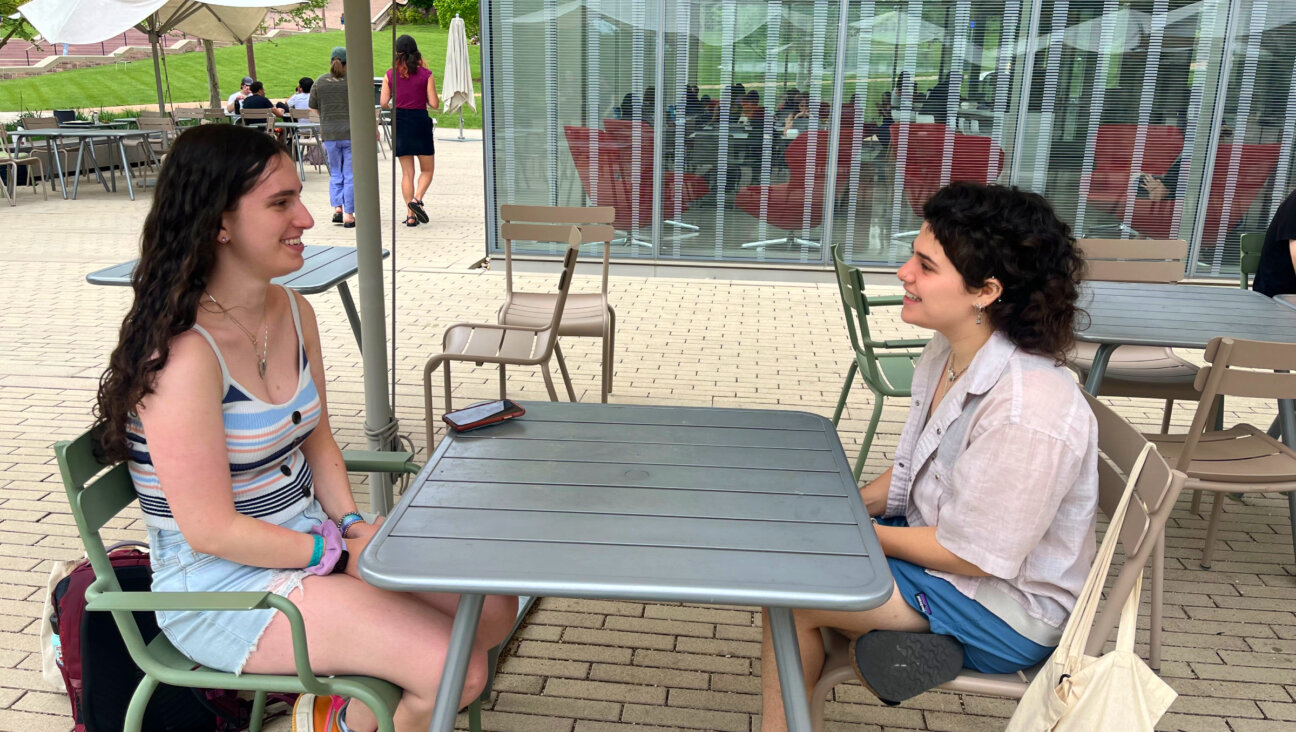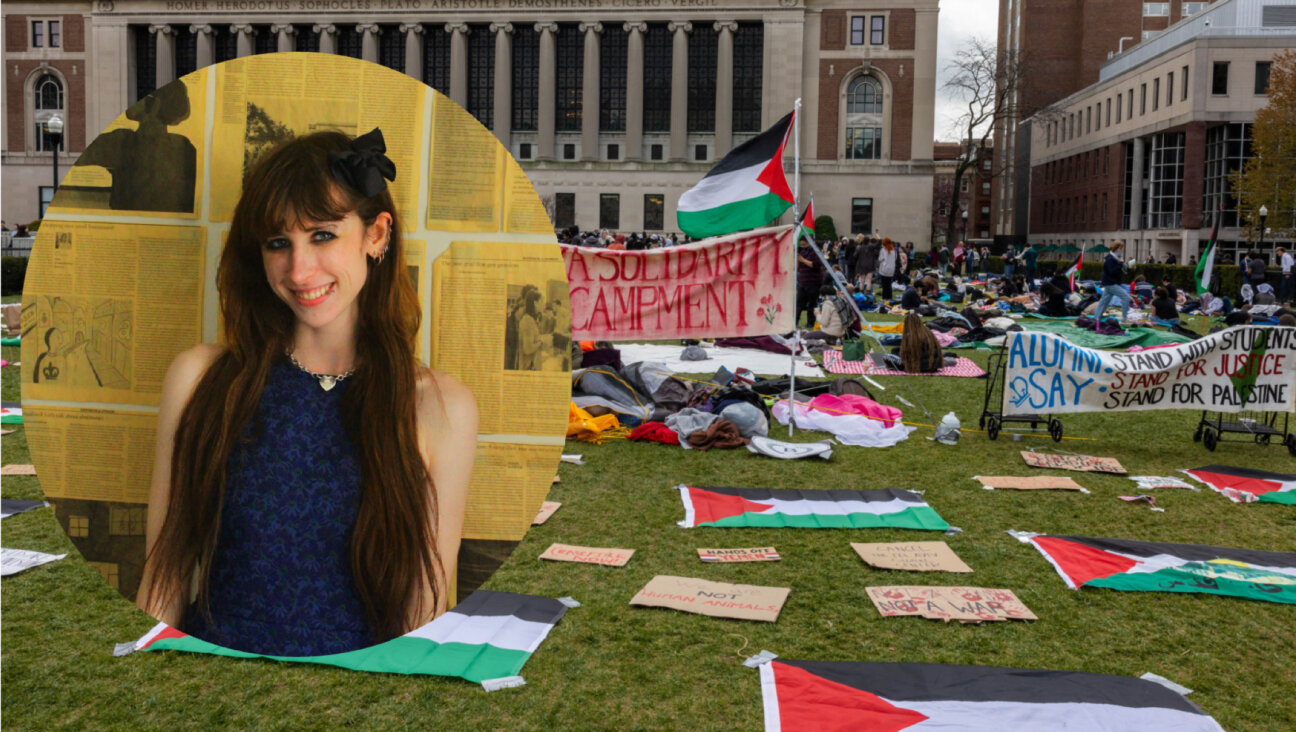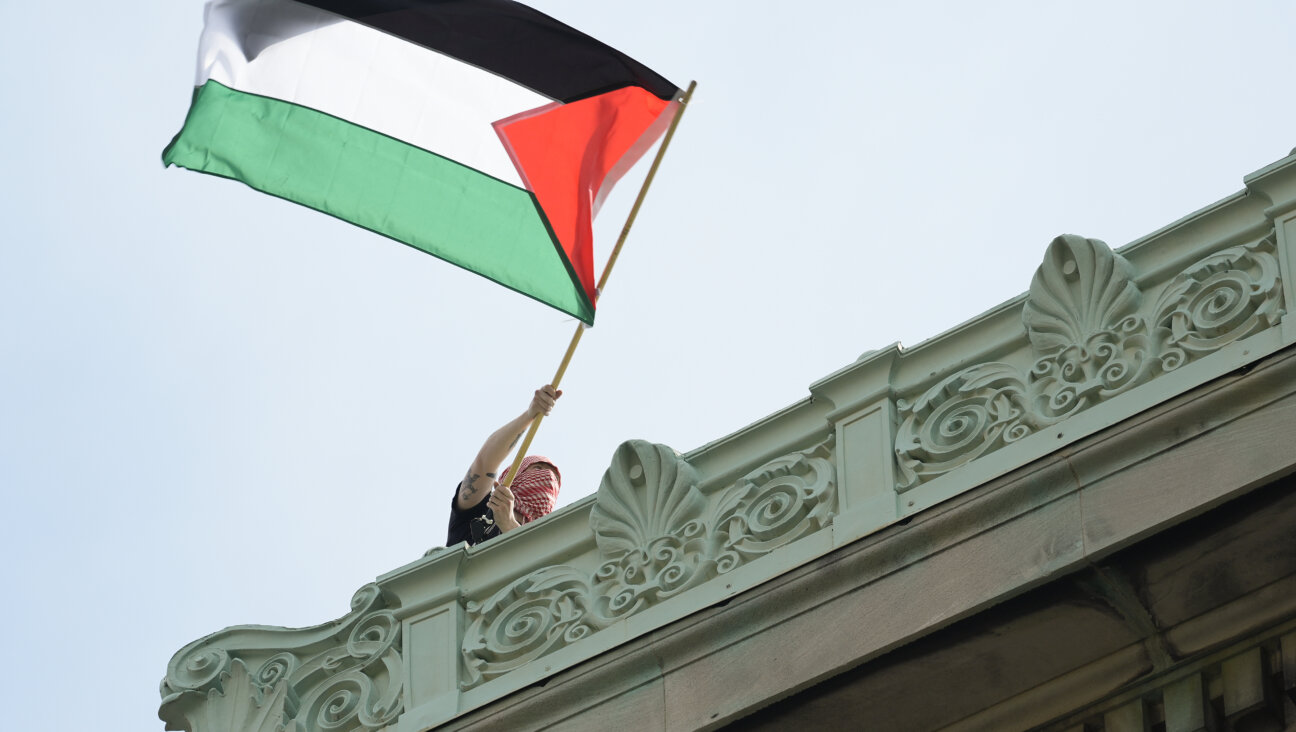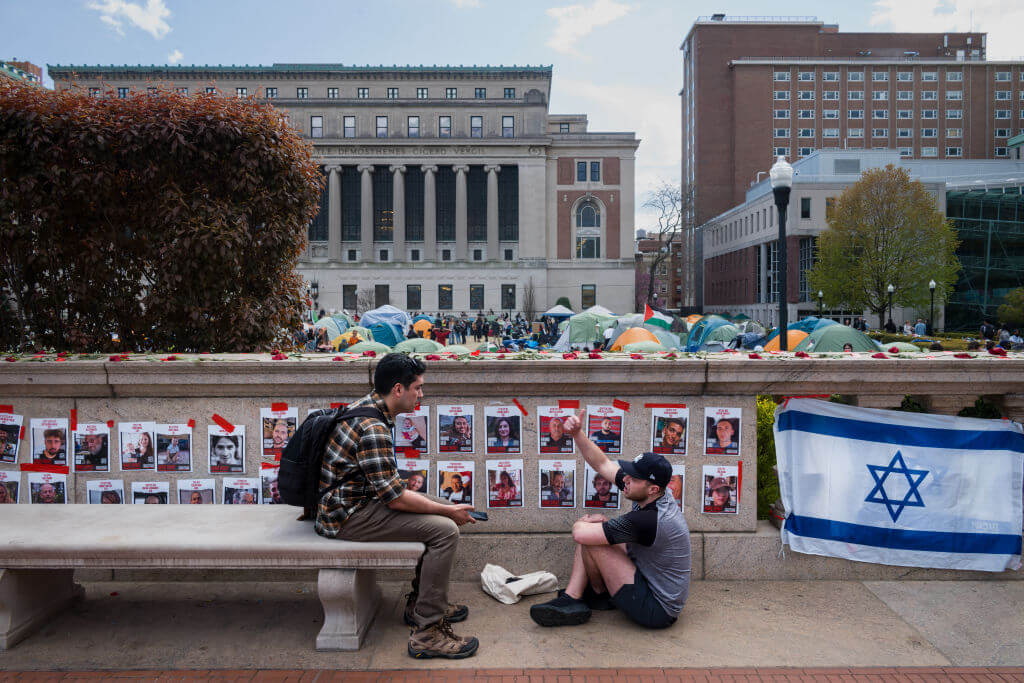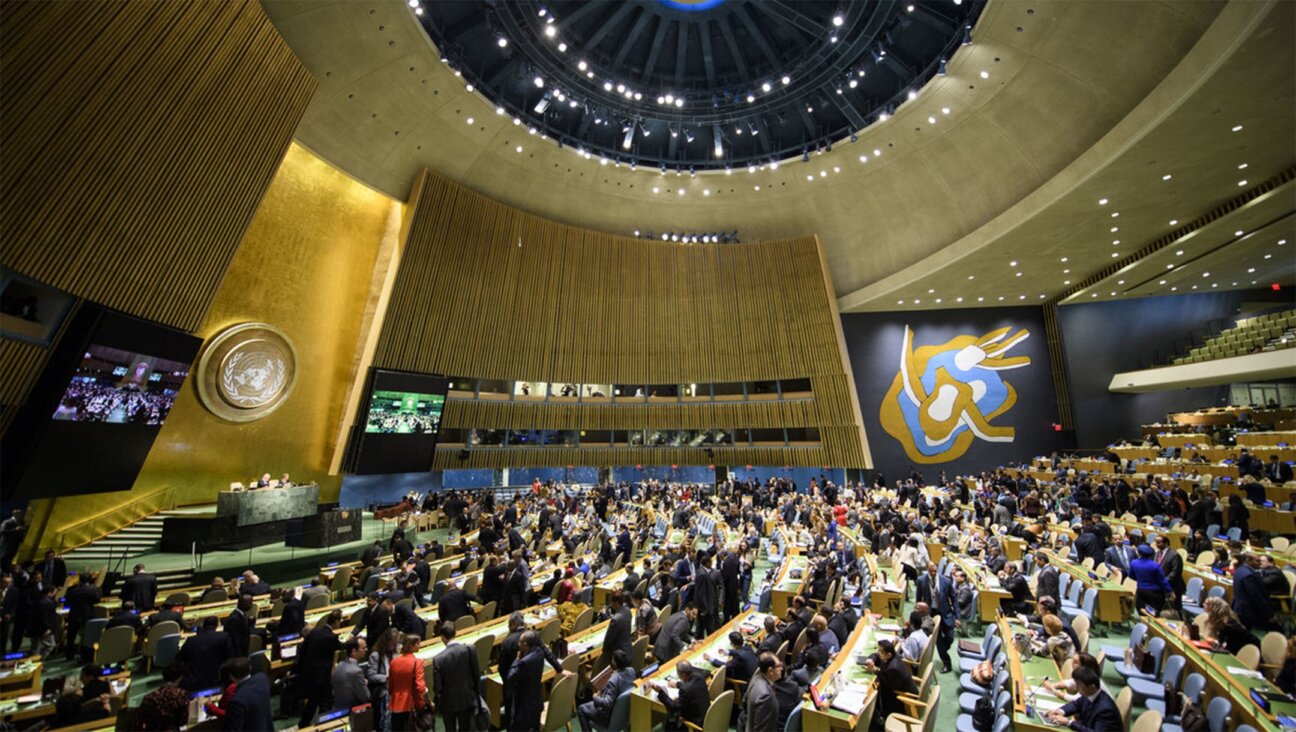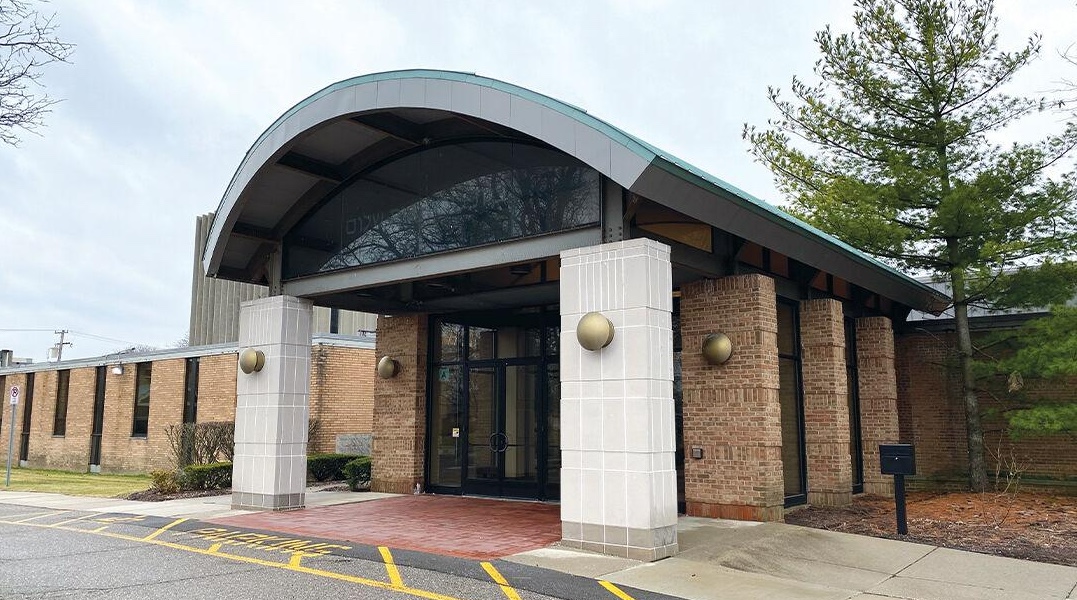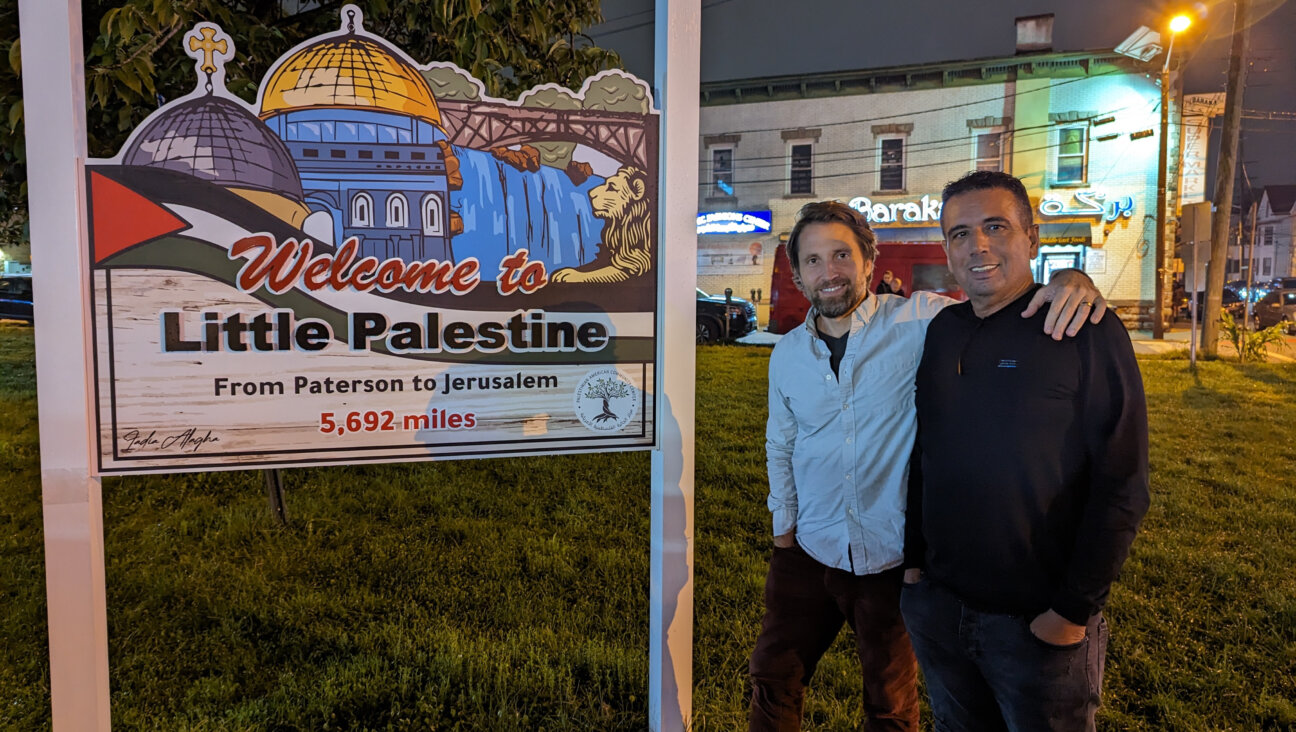Clandestine Operation Targeted Arab Suspects
Following the 1994 bombing of Argentina’s AMIA center, Brazil, Argentina and Paraguay launched a secret operation in coordination with Washington to disrupt the activities of suspect Arabs in the region, according to officials closely associated with what was called “Operation Double Top.”
“We realized the best way was to hit their dirty businesses in the region,” said a former high-ranking Argentine official closely involved in the operation. “We didn’t want them to work in peace, so we used methods you could call a little ‘mafiosi’ — disrupting commercial operations, burning containers, blocking bank accounts, stealing their passports, and the police arrested them.”
While a Paraguayan source insisted that prosecutors authorized all the operations, an Argentine intelligence official acknowledged that the reality on the ground was different. He and others noted that during the last few years, several Arab suspects died in car accidents in the region.
In November 2001, the Lebanese embassy requested information from Paraguay’s Foreign Ministry about an accident that seriously wounded two Lebanese, according to a copy of the complaint seen by the Forward.
Several participants in the operation agreed that the work was closely coordinated with the United States. No American official would comment on the operation.
“The tri-border command served as a political cover for the underground operations conducted by the secret services, the police and other security agencies,” the former top Argentine official said. “We found people from Hamas, Hezbollah and the Egyptian Jemaa Islamiya.”
The main success was the arrest in January 1999 of El Said Mokhles, a Jemaa Islamiya member who is wanted in Egypt for his alleged role in the 1997 attack on tourists in Luxor. He is appealing his extradition.
Operation Double Top ground to a halt two years ago, participants said, because of domestic problems in Argentina and because of Brazil’s reluctance to participate in operations.

I hope you appreciated this article. Before you go, I’d like to ask you to please support the Forward’s award-winning, nonprofit journalism during this critical time.
Now more than ever, American Jews need independent news they can trust, with reporting driven by truth, not ideology. We serve you, not any ideological agenda.
At a time when other newsrooms are closing or cutting back, the Forward has removed its paywall and invested additional resources to report on the ground from Israel and around the U.S. on the impact of the war, rising antisemitism and the protests on college campuses.
Readers like you make it all possible. Support our work by becoming a Forward Member and connect with our journalism and your community.
Make a gift of any size and become a Forward member today. You’ll support our mission to tell the American Jewish story fully and fairly.
— Rachel Fishman Feddersen, Publisher and CEO
Join our mission to tell the Jewish story fully and fairly.







